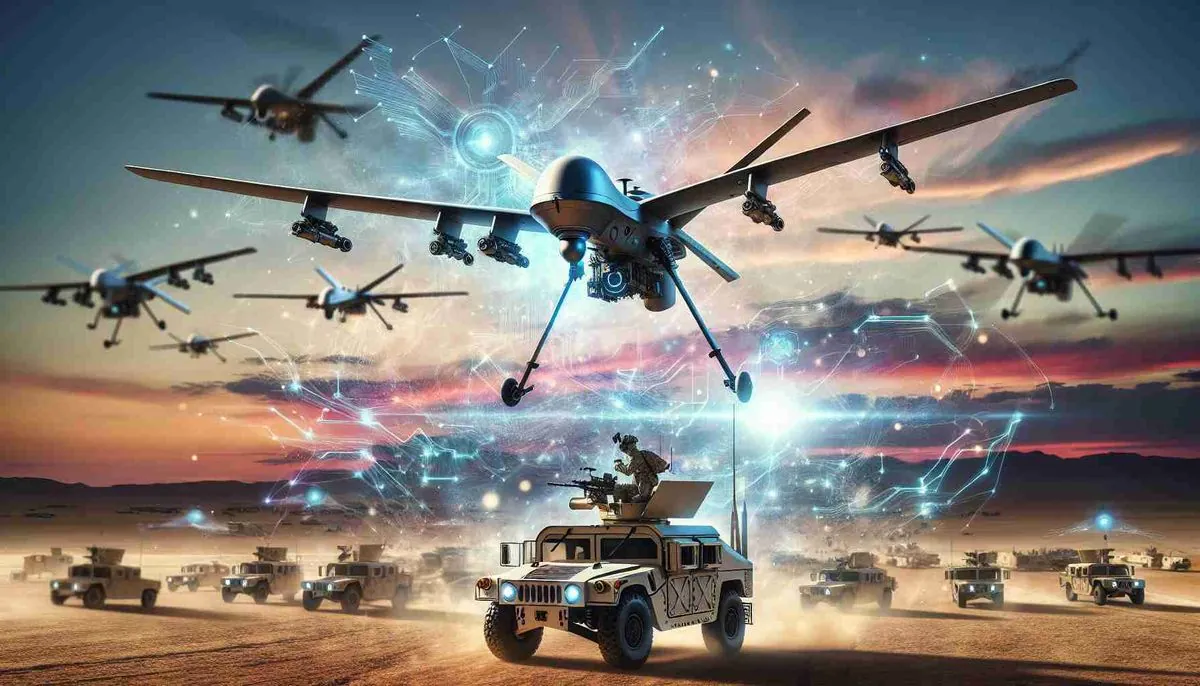In the realm of global politics, two significant trends have emerged, shaping the landscape of international relations and warfare. These trends, rooted in decades if not centuries of history, present a paradoxical challenge for world leaders and policymakers.
The first trend is the remarkable advancement in military technology. Over the past century, the capabilities of modern weaponry have expanded dramatically in terms of range, accuracy, and destructive power. Carl von Clausewitz, the renowned Prussian military theorist, could hardly have imagined the extent of this evolution.
- Long-range precision weapons
- Nuclear deterrence
- Drone technology
- Cyberwarfare capabilities
Today, powerful nations can project force across vast distances with unprecedented accuracy. The concept of "shock and awe," developed by military strategists in the 1990s, exemplifies this trend. From the First Gulf War in 1990-1991 to recent conflicts, the ability to strike targets from afar has become a hallmark of modern warfare.
The second trend, however, stands in stark contrast to this technological prowess. It is the growing strength and resilience of local identities and nationalism. This phenomenon has its roots in the dissolution of empires and the rise of nation-states. The collapse of the Ottoman Empire in 1922 and the Habsburg Empire in 1918 marked significant milestones in this process.
The power of national identity has been evident in numerous conflicts:
- The Vietnam War (1955-1975)
- The Soviet-Afghan War (1979-1989)
- The U.S. war in Afghanistan (2001-2021)
In each case, technologically superior forces faced fierce resistance from populations with a strong sense of national identity. This concept of "imagined communities," introduced by Benedict Anderson in 1983, helps explain the tenacity of these groups.
The paradox emerges when these two trends intersect. Despite the immense destructive capabilities at their disposal, powerful nations often struggle to achieve lasting political influence or strategic victories through force alone. The U.S. experience in Iraq from 1992 to 2010 illustrates this point. Despite air superiority, the ability to shape political outcomes remained elusive.
"Leaders can even convince themselves that accuracy and precision will enable them to take out the bad guys and spare civilians, thereby making the use of lethal force seem benign and easier to approve."
This observation highlights the dangerous allure of advanced weaponry, potentially leading to misguided military actions.
The lesson for aspiring world leaders is clear: military might alone cannot solve complex political problems. The destruction of infrastructure or the use of "signature strikes" in drone warfare may seem like decisive actions, but they often serve to strengthen the resolve and unity of the targeted populations.
As conflicts continue to unfold around the world, from Ukraine to Gaza, understanding the interplay between destructive capacity and national resilience becomes crucial. The path to lasting peace and stability lies not in the ability to project force, but in addressing underlying political issues and respecting the desire of nations for self-governance.
In the words of Carl von Clausewitz, "War is the continuation of politics by other means." Today's leaders would do well to remember that military action is just one tool in the complex realm of international relations, and often not the most effective one.
